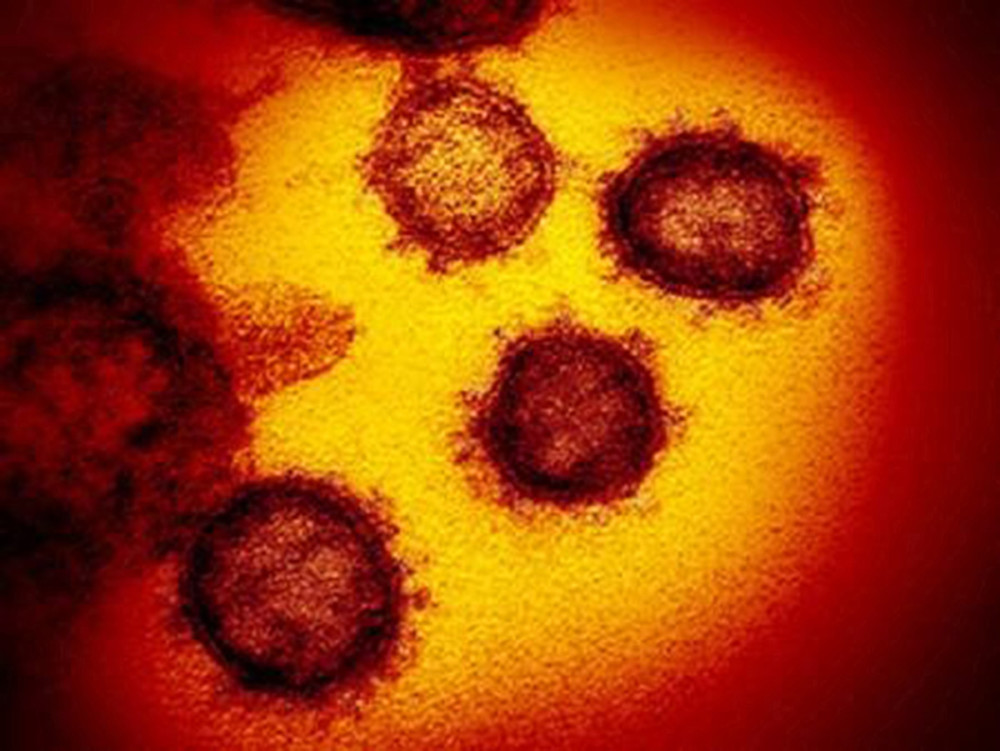By Alison Bowen
Chicago Tribune
WWR Article Summary (tl;dr) Nicole Woitowich, associate director for the Women’s Health Research Institute at Northwestern University says it is important that research on the COVID_19 vaccine includes an analysis of the results by sex. Without those results, Woitowich says it’s hard to assess whether men and women react differently to treatment.
Chicago
When it finally arrives, will a COVID-19 vaccine work the same for women as for men? What about for women who are pregnant or going through menopause?
We might not know. And that’s no surprise to Nicole Woitowich, associate director for the Women’s Health Research Institute at Northwestern University. Woitowich recently finished a 10-year review examining whether medical studies included male and female subjects, and if data was analyzed by sex. She found that although more studies included both sexes, there was no improvement on breaking down results among males and females. This matters because without analyzing results by sex, she said, it’s hard to assess whether men and women react differently to treatment.
When Woitowich read about the potentially promising COVID-19 vaccine trial results in the U.S. last week, she saw that men and women took part, but was disappointed that it did not mention if the data was analyzed by sex.
“I was incredibly frustrated,” she said.
Woitowich said that although the study did not show a results breakdown by sex, it doesn’t mean that analysis isn’t happening, but if it is, it’s not mentioned. Even this is concerning, she said, because sex should be a consideration in a vaccine made for everyone.
“If we are developing a vaccine that is going to be implemented on a global scale, we need to know if that vaccine is going to be safe for both men and women, and effective for both men and women,” she said. “This leaves a big question mark.”
The experimental COVID-19 vaccine was co-developed by Moderna, Inc., and the National Institute of Allergy and Infectious Diseases (NIAID), which is part of the National Institutes of Health. According to NIAID, researchers do not plan to perform analysis by sex, saying with limited participants, it would be difficult to interpret that data accurately. But later, larger studies may be able to incorporate this.
Historically, women have been under-researched, in part because fluctuations in their hormones, like estrogen and progesterone, were thought to skew results. But that’s exactly the point, many researchers emphasize. Drugs may work differently in different bodies. And women experience hormonal changes in different life stages, such as childbearing years and menopause.
“We have to consider women, and we have to consider women at all points in their life,” Woitowich said.
It was only in 1993 that the National Institutes of Health mandated that clinical trials include women. Since 2016, the NIH has asked researchers to consider sex as a biological variable. Women are about half of all participants in NIH-supported clinical research, according to the agency, which acknowledges research has more often focused on male animals and cells. Relying on males, according to the NIH, “may obscure understanding of key sex influences on health processes and outcomes.”
The NIH suggests studies be designed to take sex into account, have data tabulated by sex and analyzed by sex, and that reports should communicate this as well.
This matters in many scenarios, but with the world awaiting a COVID-19 vaccine, Woitowich said it’s even more important that any differences between men and women are cataloged and considered. Studying and analyzing women’s reactions to drugs matters for scenarios like how long it takes a body to break down a drug or what types of side effects people encounter.
As a professor in the University of Chicago’s Department of Psychology, Brian Prendergast has studied the impact of pharmaceuticals on women, including anesthesia and pain medications, as well as drugs that target the brain and cardiovascular systems.
His June study in Biology of Sex Differences found 86 drugs with clear differences in how they acted in men’s and women’s bodies, nearly all with more adverse side effects for women, including nausea, seizures and cardiac arrhythmias. Prendergast said the adverse side effects are in part because dosages were calculated based on studies using male-only subjects.
Now women are “being included, just ignored,” he said.
Typically, women who are pregnant or breastfeeding have been excluded from treatment and vaccine trials. A group led by John Hopkins experts, the Pregnancy Research Ethics for Vaccines, Epidemics and New Technologies, notes ethical and legal concerns but emphasizes that considering pregnancy during vaccine development is vital.
Pregnant women are uniquely impacted by the lack of research on women. In June, the American College of Obstetricians and Gynecologists noted data showing pregnant women are more at risk of complications and being hospitalized should they contract COVID-19. This makes the absence of pregnant women within clinical trials “even more concerning,” ACOG noted.
“The new information from the CDC highlights the importance of pregnant patients being prioritized for a coronavirus vaccine once it becomes available,” the group said in a statement.
buy viagra super force generic buy viagra super force online no prescription
“Pregnant women, they’re essentially the last orphan of clinical research,” Woitowich said.
___
Distributed by Tribune Content Agency, LLC.














































































































































































































































































































































































